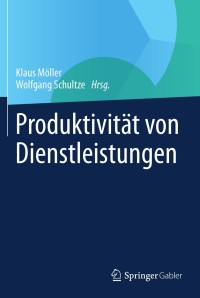Question
James Smith is an accounting major at a midwestern state university located approximately 60 miles from a major city. Many of the students attending the
James Smith is an accounting major at a midwestern state university located approximately 60 miles from a major city. Many of the students attending the university are from the metropolitan area and visit their homes regularly on the weekends. James, an entrepreneur at heart, realizes that few good commuting alternatives are available for students doing weekend travel. He believes that a weekend commuting service could be organized and run profitably from several suburban and downtown shopping mall locations. James has gathered the following investment information.
| 1. | Five used vans would cost a total of $74,430 to purchase and would have a 3-year useful life with negligible salvage value. James plans to use straight-line depreciation. | ||
| 2. | Ten drivers would have to be employed at a total payroll expense of $48,900. | ||
| 3. | Other annual out-of-pocket expenses associated with running the commuter service would include Gasoline $15,900, Maintenance $3,500, Repairs $4,400, Insurance $4,400, and Advertising $2,600. | ||
| 4. | James has visited several financial institutions to discuss funding. The best interest rate he has been able to negotiate is 15%. Use this rate for cost of capital. | ||
| 5. | James expects each van to make 10 round trips weekly and carry an average of 6 students each trip. The service is expected to operate 30 weeks each year, and each student will be charged $12 for a round-trip ticket. |
Click here to view PV table.
(a)
Correct answer icon
Your answer is correct.
Determine the annual (1) net income and (2) net annual cash flows for the commuter service. (Round answers to 0 decimal places, e.g. 125.)
| Net income | $enter net income amount in dollar | ||
|---|---|---|---|
| Net annual cash flows | $enter net annual cash flows amount in dollar |
eTextbook and Media
Attempts: 1 of 2 used
(b)
Compute (1) the cash payback period and (2) the annual rate of return. (Round answers to 2 decimal places, e.g. 10.50.)
| Cash payback period | enter a cash payback period | years | |
|---|---|---|---|
| Annual rate of return | enter a percentage of annual rate of return | % |
Step by Step Solution
There are 3 Steps involved in it
Step: 1

Get Instant Access to Expert-Tailored Solutions
See step-by-step solutions with expert insights and AI powered tools for academic success
Step: 2

Step: 3

Ace Your Homework with AI
Get the answers you need in no time with our AI-driven, step-by-step assistance
Get Started


